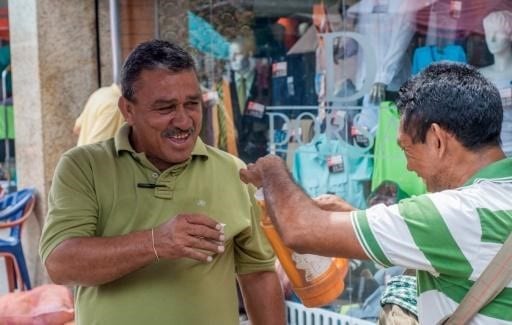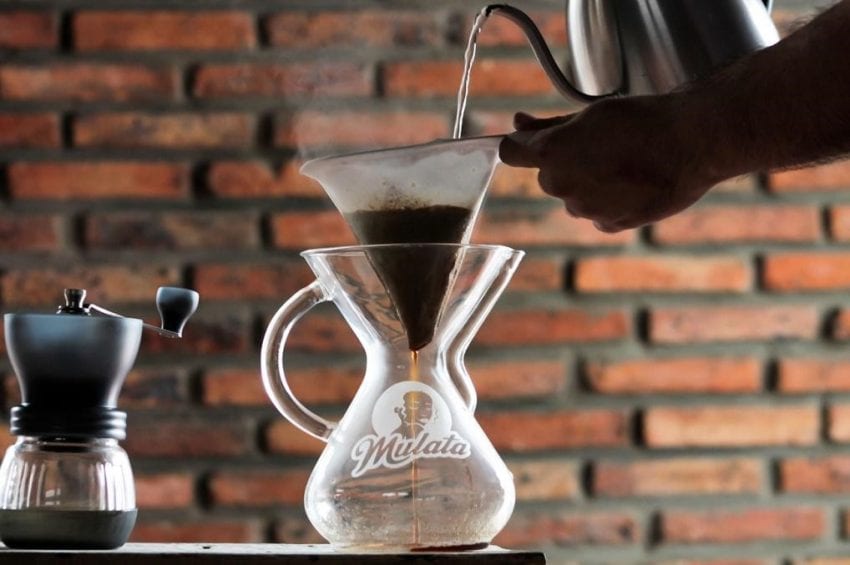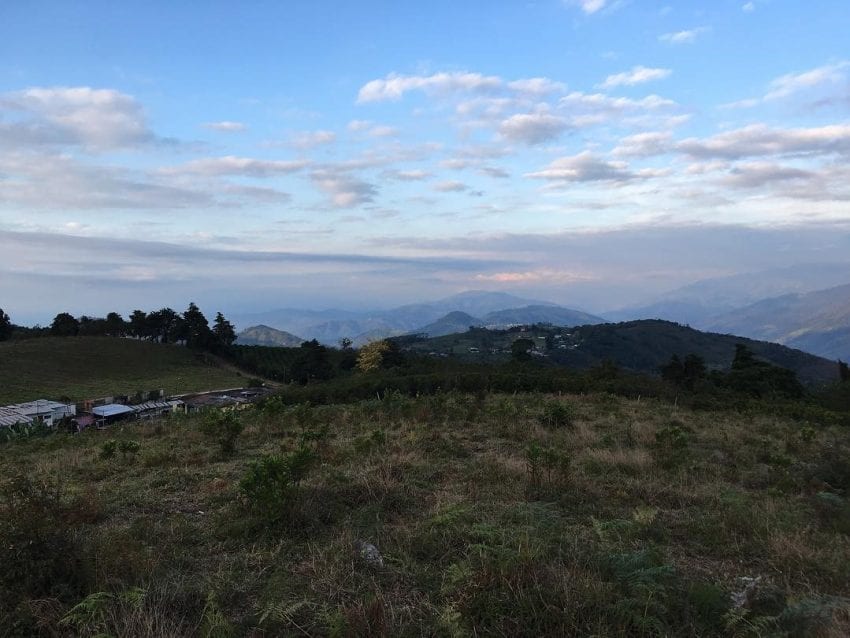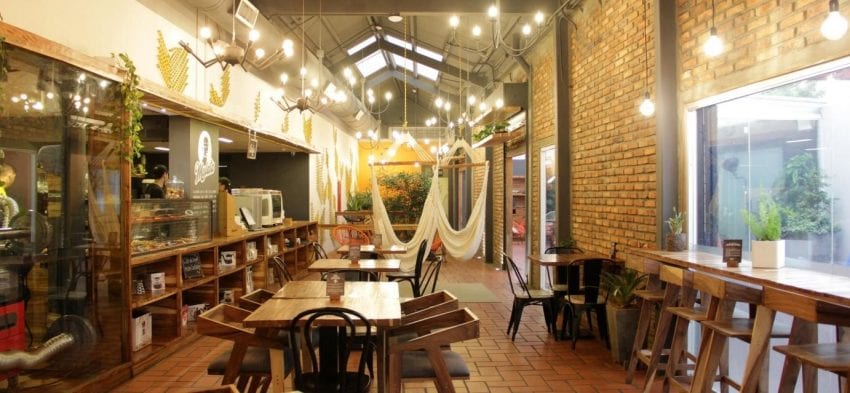Coffee vs Crisis: How Specialty Coffee Is Thriving in Venezuela
Today, Venezuela is a country known for its oil, baseball players, and happy people. However, did you know that more than 100 years ago, it was also known for its Arabica coffee and cacao?
As a political and economic crisis has hit the country, its entrepreneurs are once again looking to coffee. Could the “golden bean” be part of the solution?
- In the 1940s, after the oil boom, big cities offered a new and better life for people living in the countryside.
- In the 1950s, after World War II, refugees came to Venezuela, a country then described as a land of opportunities.
- By the 1980s, Venezuela was known as one of the world’s strongest economies. A lot has changed since then.
- Today, Venezuela is a country in economic and political crisis. In February, UN human rights experts stated, “Millions of people are suffering a lack of food and essential medicines, a shortage of goods including those for personal hygiene, power cuts, and dire housing and living conditions.”
- Day-to-day life is a constant struggle for most Venezuelans. But I believe that what truly holds this country together is the spirit of entrepreneurs, the hearts of the people who keep believing in it, and the will of its hard-working citizens.
The 2018 Global Entrepreneurship Index states that, even though Venezuela ranks 126th out of 137 countries, it is also 22nd in the Start-up Skills indicator. This indicator measures people’s confidence to launch a business. Even with the country’s adverse conditions, Venezuelans are entrepreneurs.
Entrepreneurs around the globe are usually faced with questions such as:
- What is my target market?
- How can I promote my business better?
- What should I do to keep my customers coming back?
However, Venezuelan business owners face additional challenges, like:
- The constant increase of goods and services’ prices as a result of inflation.
- A lack of basic raw materials.
- Fears for personal safety, due to increasing crime rates.
Despite having limited support from the government, Venezuelan entrepreneurs manage to continue offering their products and services to their customers. They achieve this by investing in their own professional training and developing new ideas through online research.
Chemical Engineer Pedro Aguilar Caballero says, “On a personal level, I’m excited to see that, every day, new professionals are trained in the subject; I believe that this noble effort, on a very small scale, contributes to [the formation of] new professionals who raise the culture and coffee in the country.”

Towards the west side of Venezuela – on the shores of a large lake – you’ll find Maracaibo, “The Land Loved by the Sun.” Maracaibo is also known as the cradle of Venezuela’s oil industry. Its rich, black soil gives life to hardworking, joyful, and humorous people.
But the true charm of this city comes from its coffee shops.
The city wakes early. Despite the warm weather, its citizens enjoy a hot cup of coffee before they begin their days.
And walking around Maracaibo at 4 pm, you’ll find it hard to spot an open table at a local coffee shop. Their modern designs, delicious coffee, and excellent customer service keep locals coming back.
There is currently little specialty coffee culture here, but Venezuela has been a coffee-consuming country since before the founding of the republic.
In Historical Dictionary of Venezuela, Tomás Straka, Guillermo Guzmán Mirabal, and Alejandro E. Cáceres write, “[Coffee] arrived to Venezuela in the 1730s through Spanish missionaries… During the 1770s, it was introduced to the nearby Caracas haciendas.” That is to say, that the consumption of this precious beverage has deep roots.
And Pedro Aguilar Caballero explains that “although there is no [production of] specialty coffee, there is a growing subculture.”

This growing interest, he continues, has incentivized many people to become roasters and coffee farmers. It has also led to more certified Q-Graders – who are capable of analyzing Arabica coffee through smell and taste – as well as more people being certified by the Specialty Coffee Association.
Pedro says he hopes these measures lead to the recovery of the Venezuelan coffee industry. He hopes that all the passion these people have will bring back “the importance that this commodity had in the past.”
The most traditional extraction methods are still the coffee cloth filter or sock (also known as manga) and espresso. However, it’s becoming more and more common to see the Clever, AeroPress, or Chemex on coffee shop menus.
This creates a domino effect, in which micro roasters are expected to provide quality beans. This demand then trickles down to farms, where producers are working towards higher green coffee standards.
And Restaurant Brand Consultant Aitor Romano tells me that Venezuelan coffee has incredible potential due to its geographic position, stable climate, and atmospheric conditions.

So, what are the conditions for launching a coffee business in Venezuela? Romano says, “They are not the best, but are good.”
And as coffee shop owner Samer Noueihed says, “In these difficult moments of political, social, and economic conjuncture, coffee is reborn as an alternative to take a moment to relax.”
He continues, “It is true that business owners have many challenges ahead, but Venezuelans have demonstrated several times that we can do interesting things and offer many alternatives to locals. Consumers are open to new concepts. They are also more demanding; they expect us to maintain the standards of our business. Things are going to change for better.”
The economical uncertainty rocking the country – where raw material costs rise every day, either because of inflation or scarcity – is felt by all business owners here. Nevertheless, consumer demand is rising and, among specialty coffee professionals, optimism is high.

Specialty coffee has a long way to go in Venezuela; the country itself has a long way to go. As I write these lines, the crisis is pushing many people to make tough decisions: some are choosing to leave the country in search for better living conditions while others are choosing to stay and look into new ventures.
But, isn’t this the real meaning of the word “crisis?” Ultimately, everyone must decide what path to take.
And the people who keep betting on our country – entrepreneurs, business owners, coffee farmers and customers – have the power to bring Venezuela back to the global coffee scene. The people that long for change may just bring it about.
Maybe one day, Venezuela’s name will, once again, be known for its coffee.
Roberto Sayas.
Barista, Roasting & Brewing SCAE Certified.